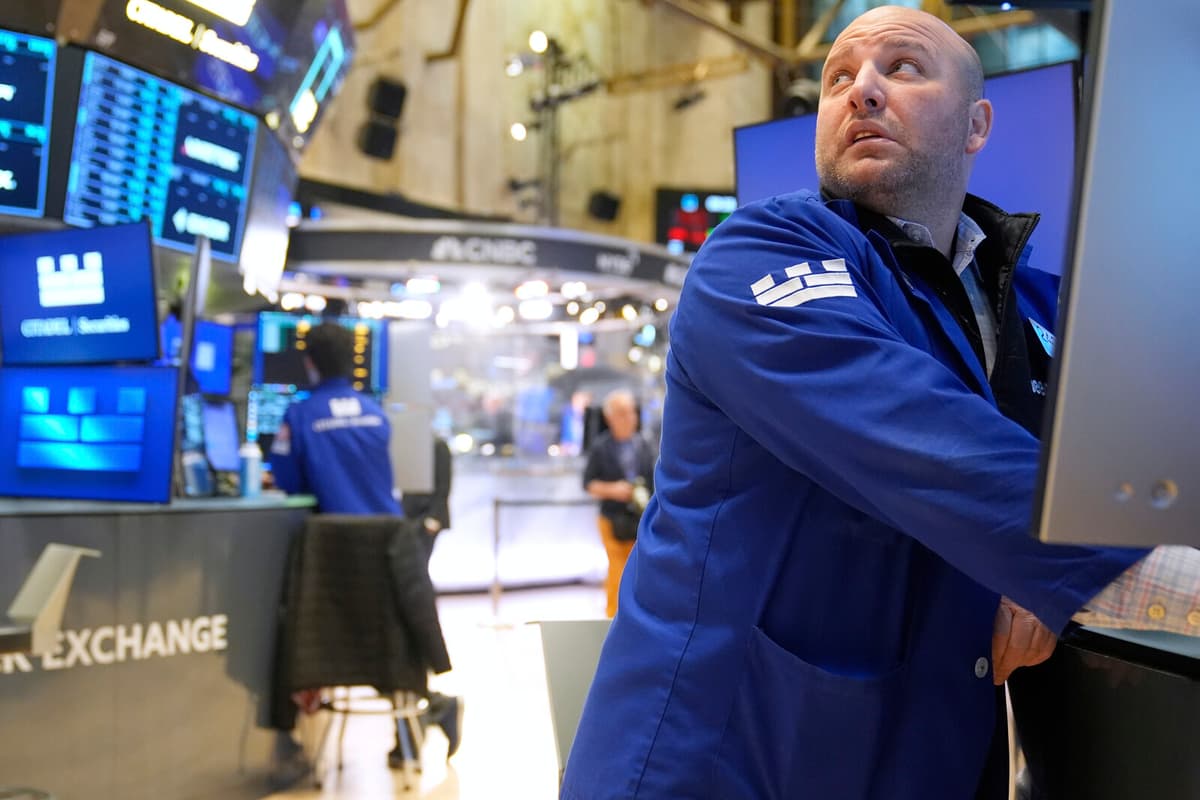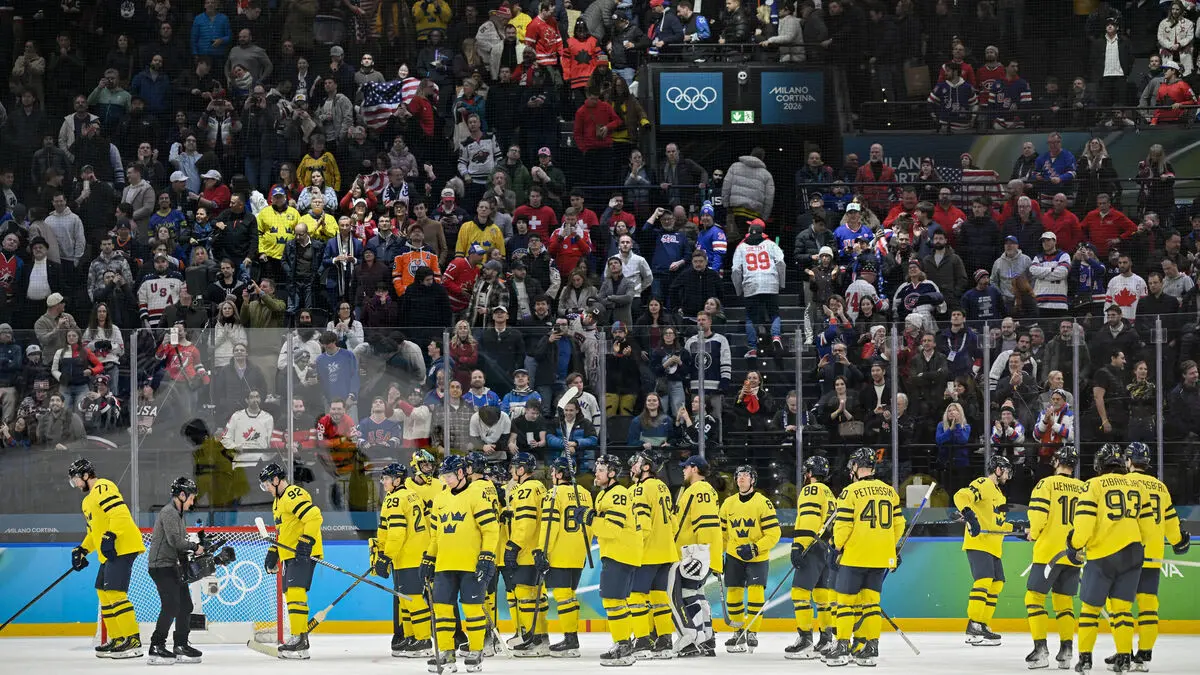The Dow Jones industrial index fell 4 percent, the broad S&P 500 index 4.8 percent, and the technology-heavy Nasdaq composite index a whole 6 percent.
This meant the worst single trading day for the Nasdaq composite index since March 2020 and for the Dow Jones industrial index since June the same year, reports CNBC.
The US stock market reacted negatively after Trump's announcement a day earlier about the introduction of heavy global import tariffs, and after a day of sour stock markets around the world.
In New York, sports equipment giant Nike plummeted 14.4 percent. The company has a lot of production in China and Vietnam, which are subject to tariffs of 46 and 34 percent, respectively.
Home electronics chain Best Buy and computer company Dell also crashed due to their China connections and fell 13.2 and 19 percent, respectively.
Magnificent seven fell
Among the losers in New York were also iPhone manufacturer Apple, which manufactures a large part of its US-sold products in China. The stock fell 9.3 percent.
Facebook owner Meta lost 9 percent.
The general stock market decline was reinforced by the fact that all seven very index-heavy technology companies, known as "The Magnificent Seven" – "the magnificent seven" – fell significantly.
In addition to Apple and Meta, Google owner Alphabet, IT trading giant Amazon, software company Microsoft, chip manufacturer Nvidia, and electric car manufacturer Tesla fell between 2.4 and 8.9 percent.
The so-called fear index Vix (which measures market anxiety) shot up sharply, with 39.3 percent.
Traders on Wall Street are already struggling with fears of recession, a weakening labor market, declining confidence in the economy, and rising inflation.
Countermeasures expected
The tariff levels were also higher than expected and had not been priced in by the market, says Mary Ann Bartels, chief strategist at brokerage firm Sanctuary Wealth, to CNBC.
That's why we're seeing such a reaction to avoid risk, she continues, referring to the price falls.
The reluctance to invest is due not least to the fact that all uncertainty makes it impossible to price risk. And as the world waits for a response to the US tariffs, uncertainty increases, along with fears of a full-scale global trade war.
As early as Thursday, Canada clarified that 25-percent tariffs would be introduced on certain cars imported from the US as a countermeasure.
Even the EU – the US's largest trading partner – hopes for negotiations but is also sharpening possible countermeasures, which could become very extensive – and have been given the nickname "trade bazooka".






